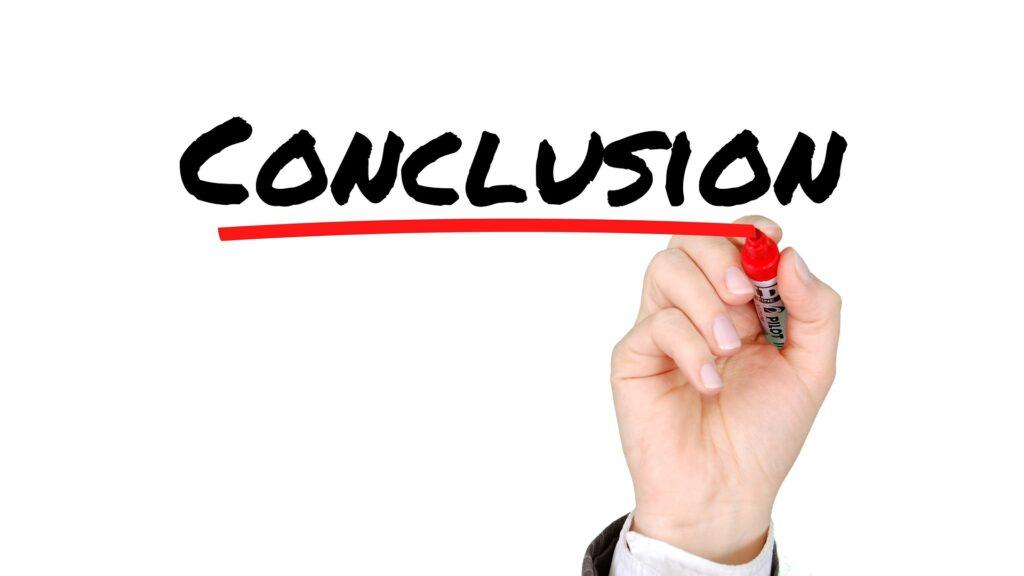
The Fears and Feelings Associated with Weight Loss
But have you ever considered that your resistance to dieting could be due to fear? The truth is you could be afraid of dieting. Despite how absurd it may sound; some people experience anxiety when trying to lose weight. Even though we may not be able to put our finger on exactly what is preventing us from beginning our weight loss journey, we all have some sort of subconscious fear of the unknown that prevents us from doing so.
Overview of fears and feelings associated with weight loss.
When we remember that losing weight is as much a mental as it is a physical battle, things start to fall into place. To lose weight, we need to make some adjustments to our daily lives, routines, and habits. The temptation to snack, indulge, or treat ourselves is always there. The rational part of our brains tells us we’re too tired to work out or that we have some other valid reason not to. The process of making new and improved decisions is difficult and time-consuming. And so, we get stuck in this vicious cycle of fearing both not losing weight (because we want to change) and losing weight (and all that comes with it).

Fears
Besides mental exertion!
What is holding you back?
We’ve identified the following reasons you’re scared of losing weight, and we also have some simple ways to overcome each one:
A. Fear of failure
The Problem: If you’re from Gen Z, you’ve probably tried multiple diets, programs, pills, and who knows what else. Maybe you’ve even experienced successful weight loss with some of these methods. But again, if you’re like most teenagers, you probably found the diets and programs hard to keep up with and eventually gained back the weight. This roller coaster of trying things and not seeing results, or backsliding, can be draining for even the strongest-willed person. Eventually, all those failed attempts at weight loss prevent people from even trying. They already have it in their minds that it won’t succeed and may even blame themselves.
The Solution: You need a fail-proof weight loss plan. First, you have to recognize that you are not a failure. It’s the diet, pill, or program that has actually failed you. Research shows that there are 15 common causes of weight loss failure, and the things you’ve used in the past likely only address a few of those causes, at most.
That’s why you need a fail-proof approach. You need a weight loss and wellness program that gives you meal plans, products, support, and a clear path that addresses all causes of weight loss failure. You have to face your anxiety about the time limit and its effect on your weight loss.
B. Fear Of The Weight Loss Tool
The Problem: Maybe you aren’t afraid to give weight loss another try, but trying something new can still be intimidating, right? It’s normal to fear the unknown, and when it comes to weight loss products, diets, or programs, you never know how your body will react until you’ve tried them. There could be side effects, or it could be a bad fit for your ideal lifestyle. At the end of the day, how do you overcome a fear of the tool used to help you lose weight?
The solution: Keep it natural. It should be noted that the best course of action is always to talk to your doctor before beginning any new weight loss regimen. Your doctor can guide you toward what is best for you and your overall health.
C. Fear Of Commitment
The Problem: Anyone can count every calorie they put in their mouth or attend the gym three times a day in the short run, but finding a solution that works, in the long run, is much harder. The truth is that lasting, healthy weight loss doesn’t happen overnight, and depending on how much weight you’ve got to lose, it could take longer than you’re willing to commit. Knowing that results take time can slowly kill your desire and motivation to reach your goals.
The Solution: Find a support system. Support and accountability are key when it comes to keeping focus and staying committed to your goals. Think of someone who will support you through your entire health journey. It could be a family member, a friend, or even someone who is going through their own experience. Whoever it is, make sure it’s someone you see or talk with often so that they can keep you accountable and cheer you on when things get tough.

Feelings
Feeling plays a predominant role in losing weight. Your emotional investment will determine whether you come out ahead or behind. It is essential to have someone to support and encourage you on your journey toward weight loss.
A. Frustration
Impatience and negativity are detrimental to weight loss because they cause you to focus less on your goals and more on the difficulties you’re encountering along the way. It has a negative impact. You’ll be better off keeping what you have rather than losing it, even if you haven’t given the matter much thought. In other words, if you are feeling frustrated or impatient with your progress, it’s important to take a step back and remember why you set out on this journey in the first place.
B. Anxiety
When your core fear was gaining weight, the main trigger of this fear was eating. You believe that becoming fat would result in the dissolution of your identity. Try to avoid anxiety by eating restrictively and staying focused on your goals. The more you work out, the more you wash out the anxiety.
C. Sadness
Do not give any credence to the naysaying or doom-predicting of those you encounter. It brings on sadness, and in the face of great loss, sadness can be a formidable barrier. Feeling down in the dumps can sap your willpower and even cause you to give up. But it is important to recognize that sadness is an emotion, and like any other emotion, it will pass. When you are sad or pessimistic, it is very easy to lose your way, so always try to be positive and ignore your sadness to stay healthy and shed pounds.
Coping Feeling Strategies
A. Acceptance
Sometimes it’s better to accept who we are and our limits. Try to work on radical acceptance. “Radical acceptance” means to “fully and completely accept reality for what it is.” This doesn’t mean that we like our current situation, but that we stop fighting against it because fighting against it only creates further suffering.” For instance, you might tell yourself, “Although I don’t love my body, I accept myself as I am and acknowledge that some things are out of my control.” This attitude will undoubtedly assist you in losing weight and overcoming your fear of body shame.
B. Continue a Diary
It’s not always possible to avoid stress. You can’t eliminate all sources of stress from your life, but you can learn to recognize and avoid the ones that have the greatest impact on your ability to succeed. Keeping a journal might prove useful here. Keep a journal of your weight loss progress; doing so has been shown to double your success rate. Journals can be used in a variety of contexts. A journal can be used to record your daily activities, such as the food you eat. However, it can also be used to record one’s inner monologue and, hence, identify sources of stress. Keep track of anything that may trigger you, such as specific situations or foods, in your journal.
C. Professional help
Many professionals have received specialized training to address mental health problems like depression and trauma that can interfere with weight loss efforts. Overeating and weight gain often have psychological roots, which can be addressed by consulting a behavioral health professional. Your current doctor may be able to recommend someone else to help you. Otherwise, there are other ways to locate a suitable counselor. There are a lot of organizations that maintain a psychologist and nutritionist locator service to help people find psychologists and nutritionists in their area who can provide the necessary care. You can seek help from them in the process of your weight loss.

If you have been trying to lose weight without success, it is possible that one of these mental roadblocks is to blame. Perhaps you are already at a healthy weight and have no need to reduce your calorie intake. It’s important to examine the motivations behind your desire to lose weight. Keep your bearings. Don’t waver from your mission, which is to better your health and fitness.






